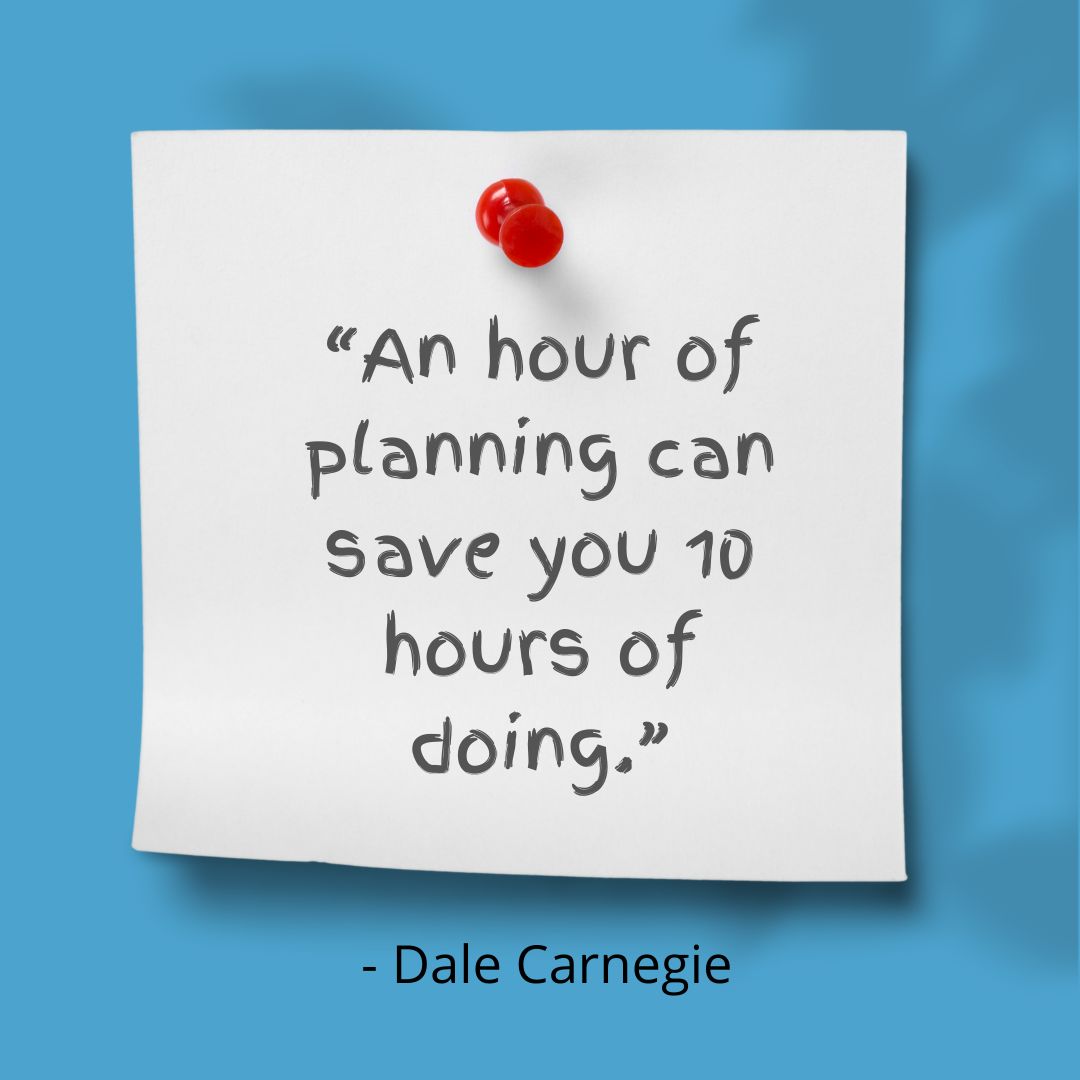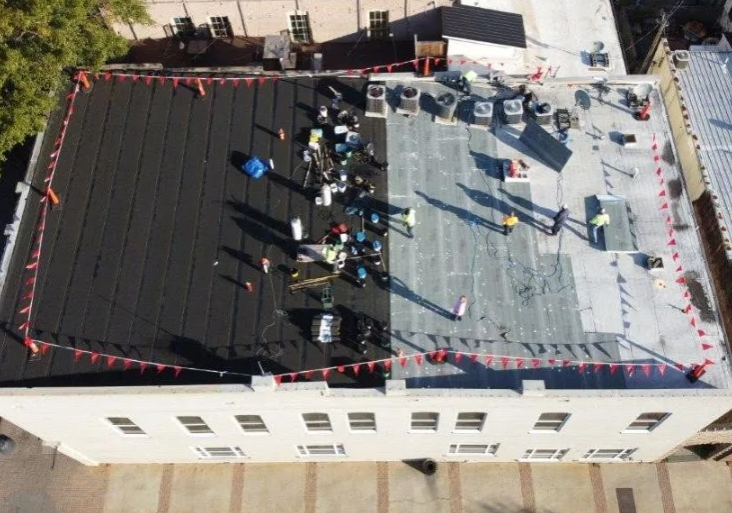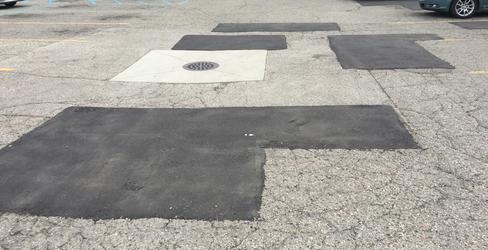Concrete and asphalt season is in full swing in most areas of the country! Good construction management is crucial to having a project that goes smoothly, finishes on time and within budget. We break construction management down to 3 key stages to help ensure a successful project:

1. Pre-construction
2. Construction
3. Post-construction.
Stage 1. – This stage is the most important stage. WIthout a well thought out plan with clear and concise communication your chances of success are not good.
Pre-construction management should start from the moment work is awarded and the contract is signed. In these early phases of scheduling it is a great time to figure out the best way to communicate with the contractor, property manager and tenants; establishing this early on keeps everyone in the loop and expectations are clearly communicated throughout the project.
When scheduling paving work it is important to have a good understanding of what the property is being used for and be aware of the traffic patterns and delivery schedules so that work can be scheduled on days that least affect tenant operations. For example, a shopping center is usually less busy during the week therefore work should be scheduled on a weekday.
In addition to knowing the tenants operation schedules it is important to also know your timelines for the work that needs to be done. For example, if concrete work is being done the cure time needs to be taken into account. Most concrete will have a 36 -72 hour high early mix added, but if not it can take 27 days to cure. In this time the concrete will need to be covered to protect it from traffic if the area cannot be completely closed off. Another example is if sealcoat is needed the paving will need to be done 30-60 days prior. This can get tricky to schedule the later it gets in the season because sealcoat needs temperatures of 70 degrees and rising to be applied.
Once a clear schedule is agreed upon then phasing maps and reminders should be sent to the property manager and tenants. On most projects we try to send out these notices about a month out, 2 weeks out, and again 2-3 days before project start. This ensures everyone is well notified of the project.
Stage 2. – This stage of construction management is focused on when the work is actually being completed. Being on site during a project makes a difference as decisions need to be made quickly to keep the project on time. It’s best to be onsite before the crew the day of construction to make sure vehicles and equipment are clear of the jobsite so the contractor can start demo right away. Having a tow company on call can be helpful in high traffic areas. Review the scope and phasing of work with the contractor and verify materials to be used, the total square feet and tonnage.
During demo the substrate should be checked for moisture and compaction as well as proper thickness. As trucks with materials show up its important to collect weight tickets to check that the correct materials are being used and to make sure the correct amount of materials are installed. When paving asphalt the thickness should be checked throughout before and after compaction. Asphalt compacts about a ¼” per 1” so if the finished compacted thickness is to be 2” then paving before compaction should be measuring 2 ½” thick. For concrete the depth of the forms and distance between the rebar should be checked prior to placing the new concrete.
Another good practice to get into during construction is staying on top of any punch list items. This can save time for you and the contractor as most punch list items can be addressed right away.
Stage 3. – Post Construction management should start with a site walk with the contractor at the end of each day of construction. Addressing anything that can be taken care of right away. This will minimize the need to schedule another site visit. Otherwise a punch list is created and additional site visits are scheduled to have work completed. The most common punch list items are clean up and striping. Last but not least is the warranty letter and lien releases for the work completed.
Construction management has many moving parts and the more you can communicate and be involved in each stage the more likely a project is done correctly, on time and within budget. If this all seems like too much for your team to manage on top of other responsibilities, then SCS can help!




